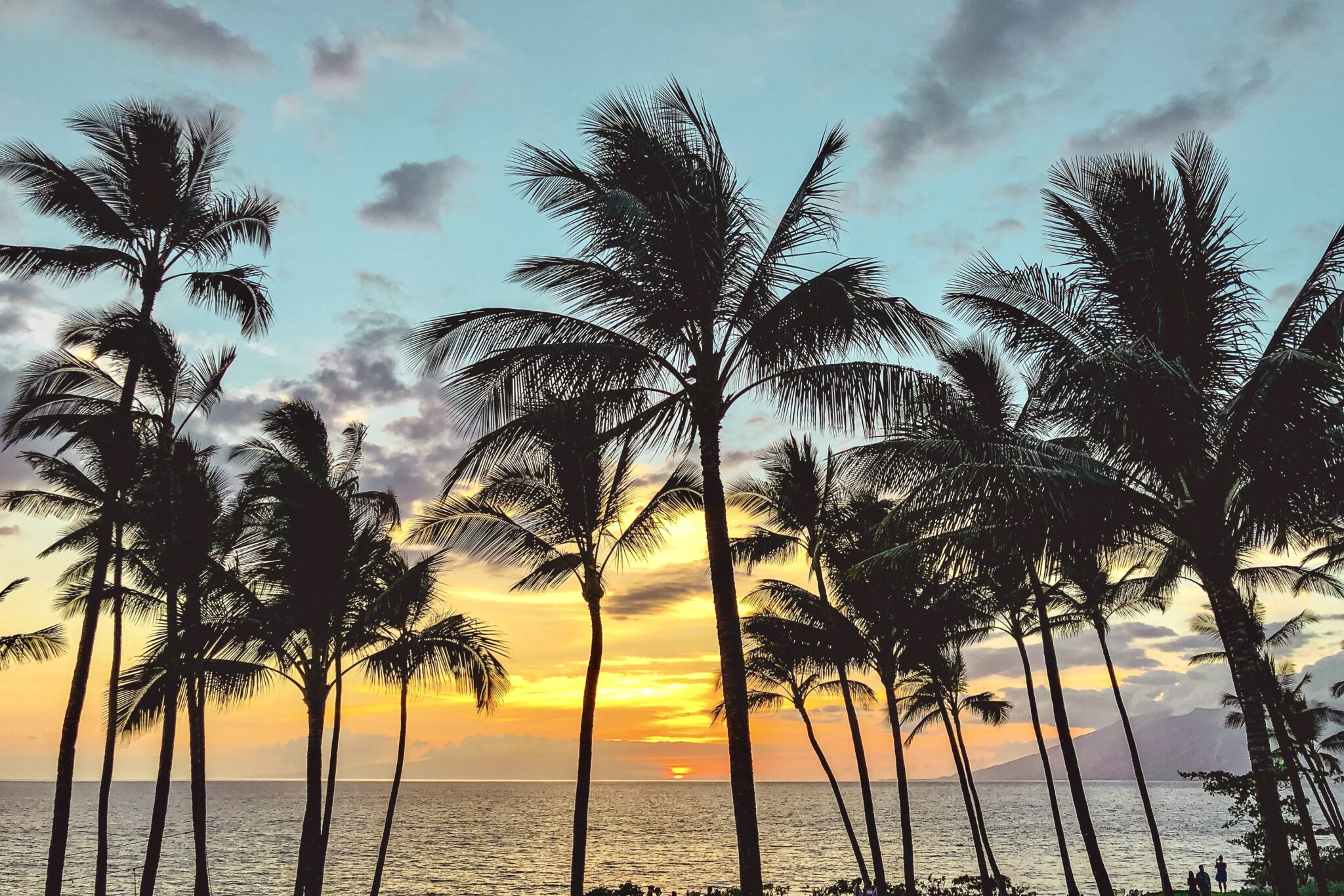Skift Take
The proposed legislation uses the carrot and stick approach to secure long-term housing from short-term rentals.
Hawaii is looking for ways to help those displaced by the Lahaina wildfire in August, and Maui mayor Richard Bissen has proposed tax incentives to turn short-term rentals into long-term housing.
Bissen said he presented a proposal to the county council on Tuesday. If approved, owners of Maui’s short-term vacation rentals, timeshares, and non-owner-occupied homes would be granted an exemption from real property taxes.
The exemption would apply from February 20, 2024, to June 30, 2025.
Short-term rental units currently face a tax rate of $11.85 for every $1,000 of assessed value, ranking them as the second-highest among all tax-rate classifications.
Here’s how Bissen’s proposal would work: If the entire property above market-assessed value of $1 million is leased to displaced residents from January 1 to December 31, 2024, owners would get a $5,925 reduction in this year’s taxes and the full $11,850 reduction in next year’s taxes if applied by January 30, 2024. That’s an estimated total savings of $17,775.
Those who opt out would see their property taxes increase.
“We can help more survivors in need of housing by immediately exempting short-term units from real property taxation when they are rented to displaced residents impacted by the wildfire disaster. I believe that a shared sacrifice is necessary at this time,” Bissen said. “Owners who help our disaster-impacted families by making their units available will receive a tax waiver. While those who choose not to can help by contributing more in taxes to make up for the loss of tax revenue.”
There are currently 2,500 to 3,000 timeshare units, 12,000 to 14,000 non-owner-occupied homes and 12,000 to 14,000 short-term rentals.
What’s in it for the short-term rental industry?
Does a proposal like this make business sense for the short-term rental industry? Let’s look at the numbers: The latest Hawaii vacation-rental performance report for October indicates that prices are high and demand is low.
The overall occupancy rate stood at 50.89% for October, significantly lower than hotels. Despite 761,000 available nights, only 387,400 were rented.
Statewide, the average daily rate was $265, a 38% increase from 2019.
Maui experienced a 40% decrease in supply. Kauai had the fewest rentals but the highest occupancy rate at 57.1%, with a daily rate of $356.
Residence for Residents
Survivors of the wildfire camped on the beach last week urging the mayor to use emergency powers to shut down 2,500 unpermitted vacation rentals in West Maui.
These properties lack necessary permits but operate with exemptions, the group said. The group, using Native Hawaiian fishing rights, demanded suspension of exemptions to provide housing for residents who lost homes in the wildfire.
The proposed bill will be heard at the December 5, 2023, County Council meeting.
Dwell Newsletter
Get breaking news, analysis and data from the week’s most important stories about short-term rentals, vacation rentals, housing, and real estate.
Have a confidential tip for Skift? Get in touch
Tags: hawaii, maui, taxes, timeshares, vacation rentals
Photo credit: A beach in Maui, Hawaii. Photo credit: Neora Aylon/Unsplash Neora Aylon / Unsplash
